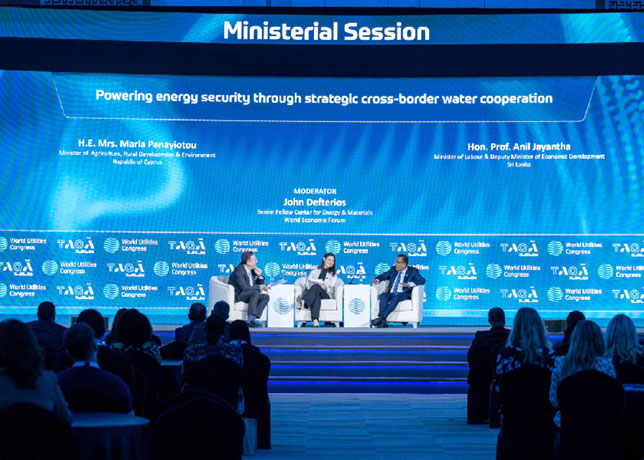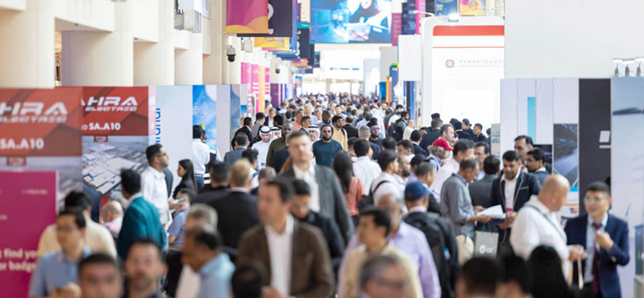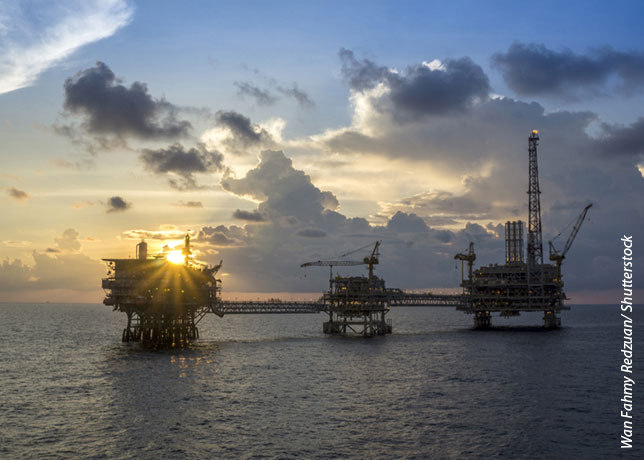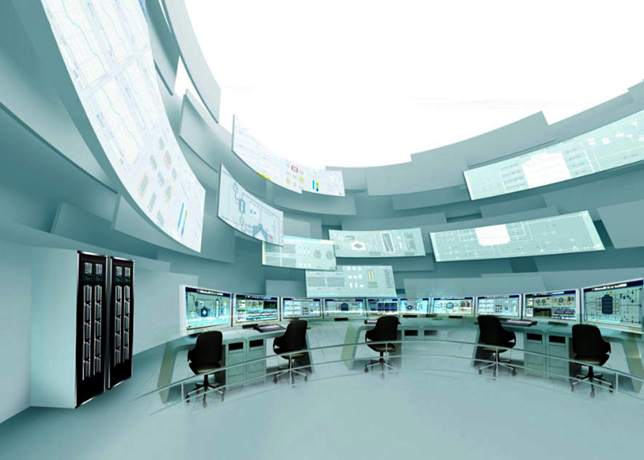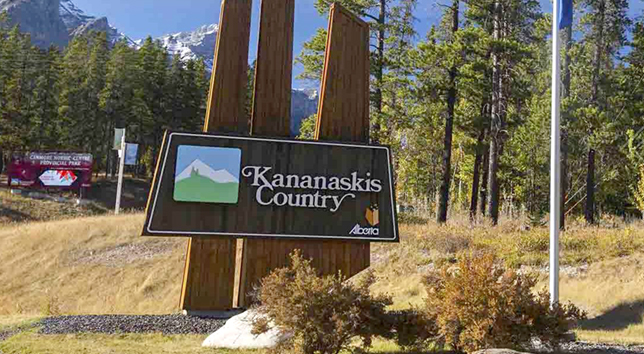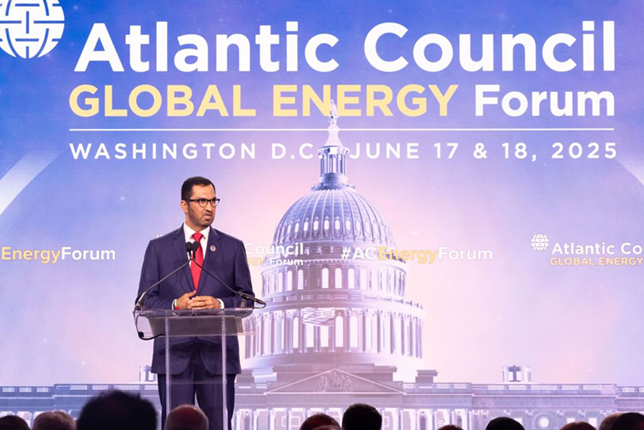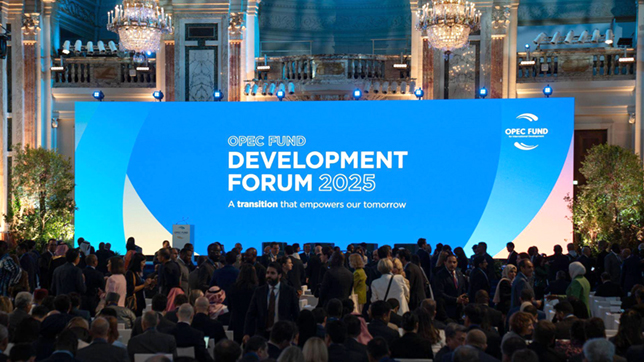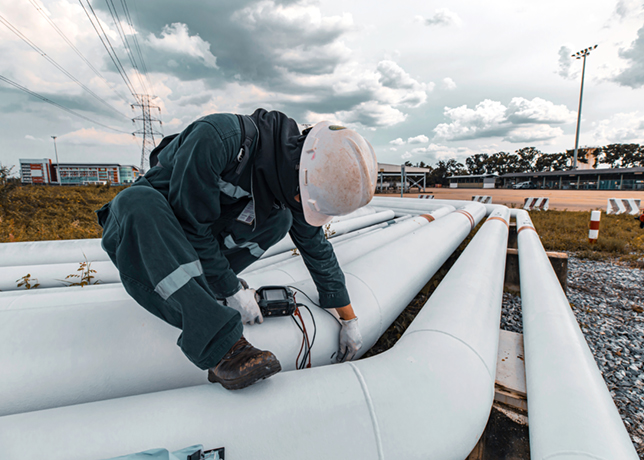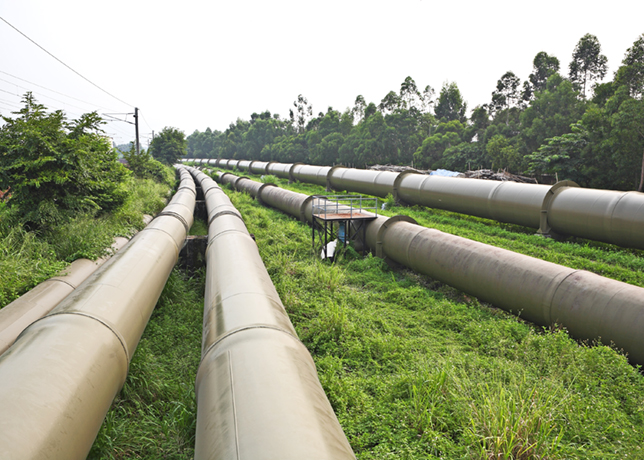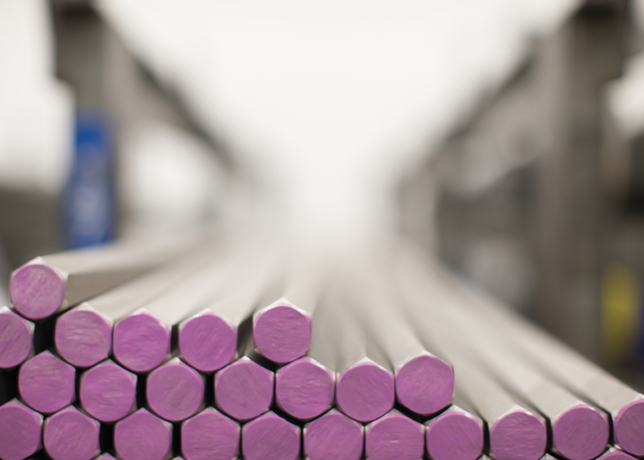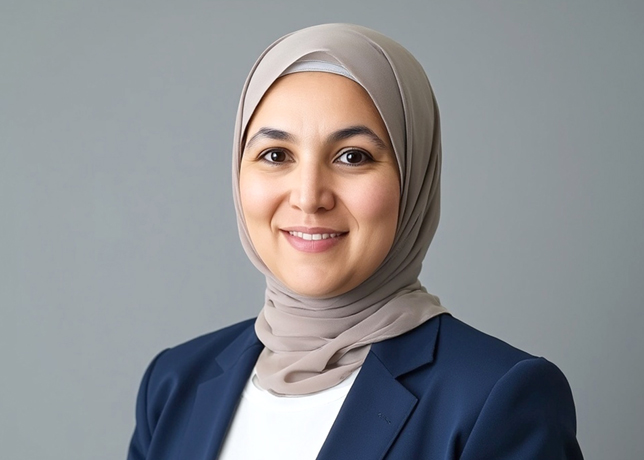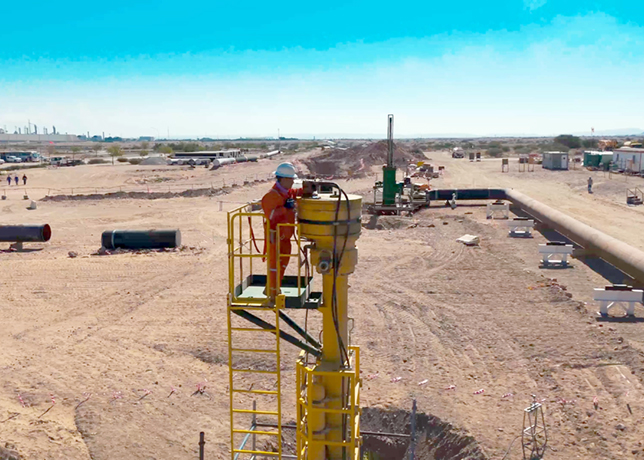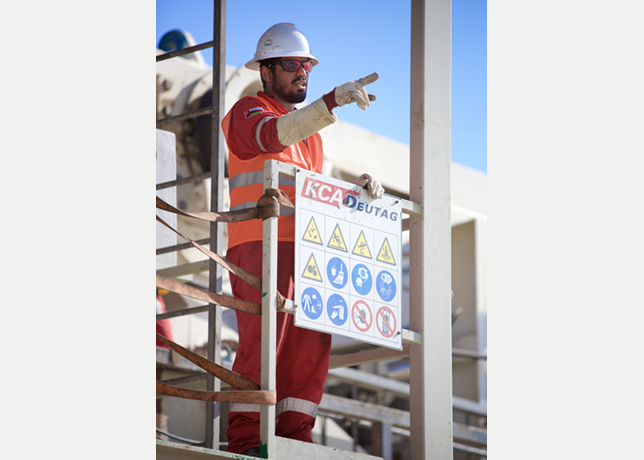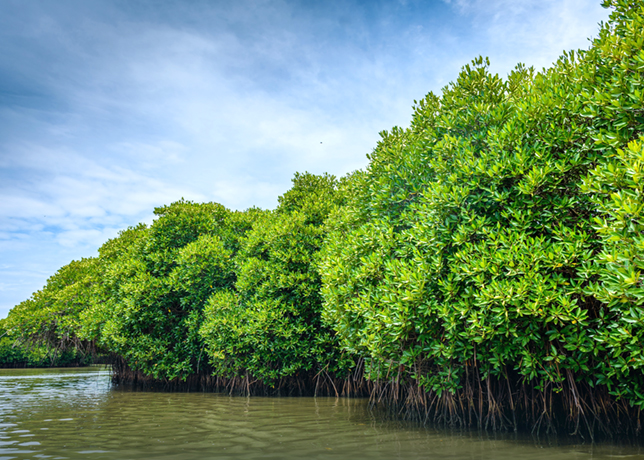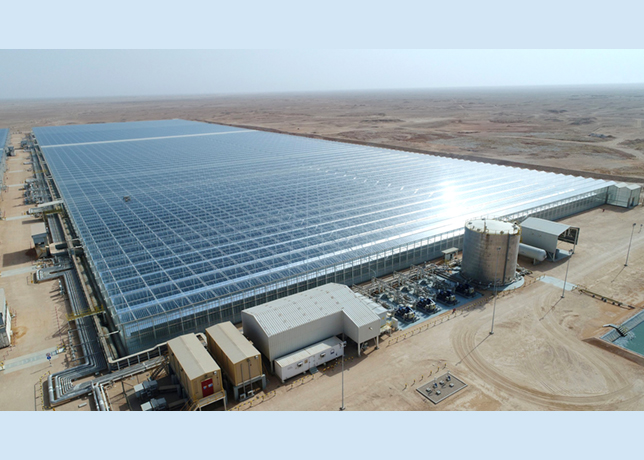
 The Fertil Plant in Ruwais... Borouge' success will impact other fertilser plants
The Fertil Plant in Ruwais... Borouge' success will impact other fertilser plants
following the example of many of its regional competitors, Borouge has its sights firmly set on the Asian market.
The Ruwais-based company has set up a marketing arm, Borouge Pte Ltd (Singapore), to handle sales to this market.
It is targeting 30 per cent of its sales to China and Northeast Asia, 30 per cent to Southeast Asia, 10 per cent to India, and the rest to Mideast markets, according to Hubert Puchner, CEO of the marketing arm.
But unlike other Mideast firms that mainly ship low-cost general-purpose products, Borouge's objective is to concentrate on niches for premium polyethylene (PE) markets such as piping for gas and water transportation.
These products usually sell at an $80/mt premium to commodity products, Puchner says.
Initially, Borouge will ship mainly general purpose PE grades for film, blow molding, and injection molding according to a Chemical Week report.
However, the dual-reactor Borstar process can also make PE with tailored molecular weight distribution, including high, medium, and linear low-density products, according to Puchner.
"It will take time to educate end users about the benefits of using a product that costs more, but actually saves money as they can use less of it for the same performance," he adds.
The Singapore arm includes a technology service centre.
The company also has technical staff at Abu Dhabi, in India and in Hong Kong.
Borouge eventually hopes to raise the share of specialty products shipped to more than 50 per cent.
The Asian market for the niches it is targeting, excluding Japan, is predicted to grow at seven per cent per year, while growth in India should be as high as 10 per cent per year, Puchner says.
Per capita polyolefin consumption is just 8 kg in China, 10 kg in Southeast Asia, 11 kg in the Mideast, and 3 kg in India.
That compares to typical consumption in the developed world of up to around 60 kg/capita.
The company claims that it spent three years pre-marketing in Asia using products shipped from Borealis plants in Europe and establishing a solid customer base that can take up the entire production capacity.
The company will identify bottlenecks in its plants, and then estimate the cost of expanding PE capacity to 600,000 mt/y.
Adnoc's original idea had been to build a vinyls complex at Ruwais to use the excess 150,000 mt/year of ethylene capacity.
These plans, however, have been put on hold.
Currently, excess ethylene is exported to Asia.
"The next natural step at Ruwais is to boost polymer capacity to 600,000 mt/y to take up the extra ethylene," Henry Sperle, executive vice president and head of business development at Borealis, is quoted as saying.
"We believe it is technically feasible but we have to look at the cost."
Borough faces competition in China from bimodal PE producers such as BP Solvay and Basell as well as its Borstar-process licensee, Shanghai Petrochemical Co (SPC).
A vessel has also been chartered to transfer products every two days from Ruwais to the ports of Zayed and Jebel Ali in Dubai for onward shipment.
Storage facilities in Malaysia and China are also being considered, reports say.










